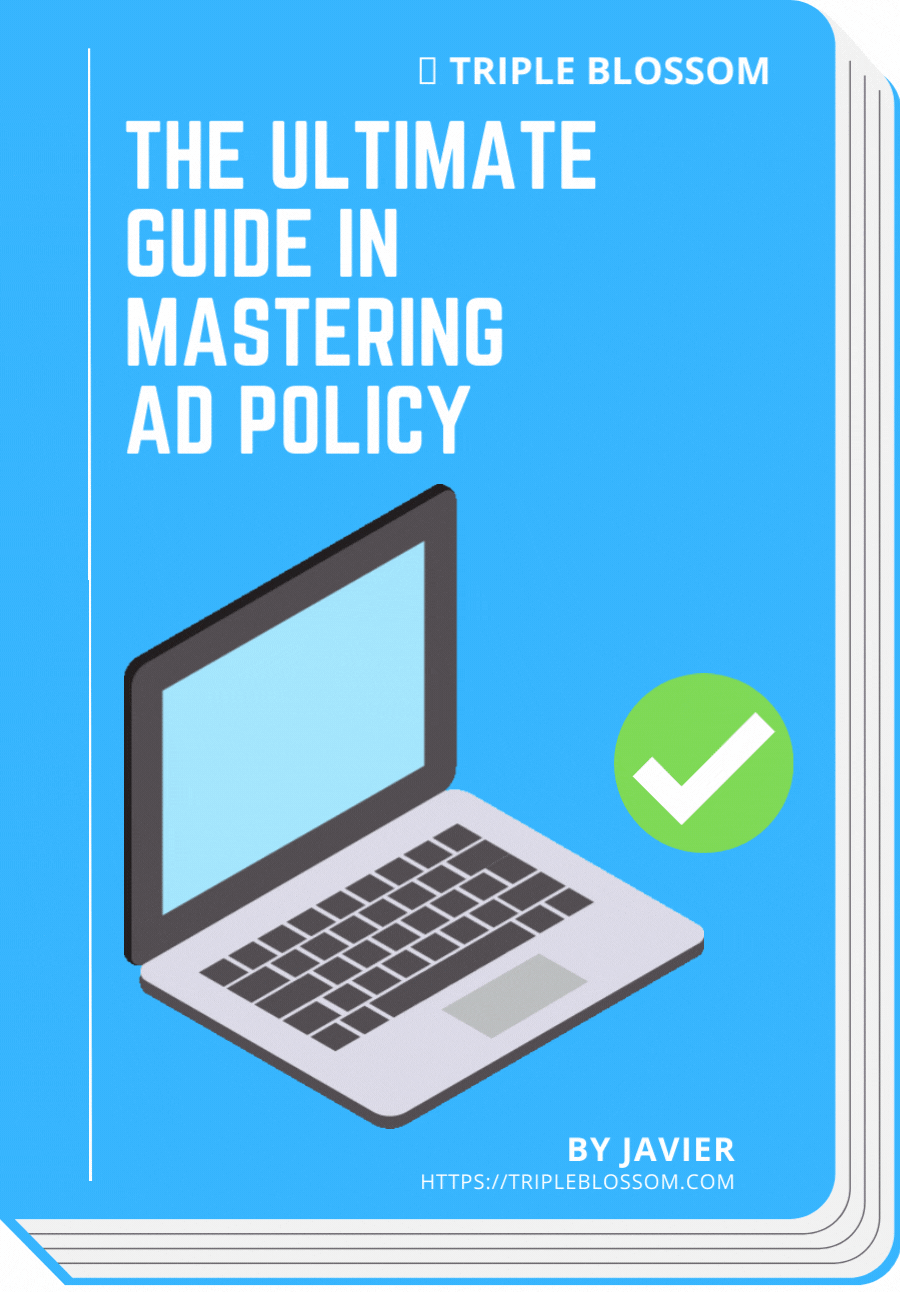What You Need To Know About Facebook / Meta Ad Policies In 2023
You've likely either loved Facebook Meta Ads or loathed them at some point. But no matter where you stand, understanding Meta's ad policies is essential for any marketer or business owner looking to make a splash in the ever-changing Facebook advertising world.
In this article, we'll dive deep into the reasons why Meta rejects your ad, bans your ad account, or restricts your page:
Navigating The Common Causes Behind Facebook Ad Rejections
Facebook ad policies are designed to ensure a safe and positive user experience on the platform. When your ad gets rejected, it can be due to a variety of reasons. Let's explore some of the most common factors that may lead to ad rejection:
- Violation of Meta's Advertising Policies: Meta has a long list of advertising policies that cover everything from prohibited content to targeting restrictions. Some common violations include promoting illegal products, using before-and-after images in personal health ads, or targeting users based on personal attributes.
- Misleading or False Content: Meta doesn't take kindly to deceptive advertising practices. Your ad may be rejected if it contains false claims, unrealistic expectations, or clickbait headlines.
- Low Quality or Disruptive Content: If your ad features low-resolution images, poor grammar, or excessive use of capitalization and symbols, it may be deemed low quality. Similarly, ads that are too disruptive or flashy might also be rejected.
- Non-Functional Landing Page: Your ad's landing page needs to be fully functional and relevant to the ad content. Broken links, non-existent pages, or pages with poor user experience can lead to ad rejection.
- Issues with Text and Image Ratio: Meta prefers ads with minimal text overlay on images. Ads with too much text or an overwhelming text-to-image ratio might be rejected.
- Social & Political Issues: If your ad talks about sensitive issues which could influence public opinions, you need to create a disclaimer before Facebook approves your ad.
P/S: Your ad may be stuck in review for up to 48 hours if Meta AI thinks it is controversial and requires a manual review.
To avoid ad rejection, it's crucial to familiarize yourself with Meta's advertising policies and ensure your ads comply with them. If your ad is rejected, don't worry! You can always edit the ad and resubmit it for review.
Understanding and Preventing Facebook Ad Account Bans
Having your ad account banned can be a major setback. Let's look at some common reasons why Facebook might take this drastic action:
- Repeated Policy Violations: If you consistently submit ads that violate Facebook's policies, your ad account may be flagged and eventually banned.
- Unusual Activity: Suspicious behavior, such as a sudden spike in ad spend or ad performance, can trigger Facebook's security systems, leading to a temporary or permanent ban.
- Circumventing Systems: Using any method to bypass Meta ad review process or attempting to manipulate ad performance data can result in a ban.
If you find yourself in this unfortunate situation, you can appeal the decision by visiting Meta Business Support and providing all the necessary documentation with a detailed explanation of your actions.
You wish it was a mistake, but after rounds of appeals, the reviewer team just kept on asking you to take a look at Meta's e-learning Blueprint modules?
Check out my E-Book - The Ultimate Guide In Mastering Ad Policy where I decipher the key actions that pull the trigger for ad rejection and account restriction, as well as methods to overcome them strategically.
Overcoming Facebook Page Restrictions
If your Facebook page is restricted, it can severely limit your ability to run ads and engage with your audience. Here are some reasons why Meta might restrict your page:
- Low Customer Feedback Score: Meta monitors user feedback on ads and assigns a score to your page and Meta Business Manager. A low feedback score may result in restricted advertising capabilities.
- Negative Comments on Ads: If your ads receive a significant number of negative comments or reactions, Meta might restrict your Facebook page to protect the user experience.
- Misleading or False Page Information: Providing incorrect or misleading information about your business on your Facebook page can also result in restrictions.
- Inauthentic Behavior: Engaging in spammy practices, such as posting clickbait content, participating in engagement pods, or using fake likes and followers, can lead to page restrictions.
- Promoting Restricted Content: If your page consistently promotes content that goes against Meta's guidelines, your page may be permanently restricted from advertising.
To regain your page's advertising capabilities, you'll need to identify and address the issues that led to the restriction, such as providing excellent customer support, responding to negative comments in a professional and timely manner, ensuring page content compliance as well as keeping a close eye on your page's activities to detect any unusual behavior or spammy content.
Make sure you remove any content that goes against Meta ad policies and maintain a positive environment for your audience!
Remember, the key to success with Meta advertising lies in understanding and adapting to the platform's ever-evolving rules and regulations.
